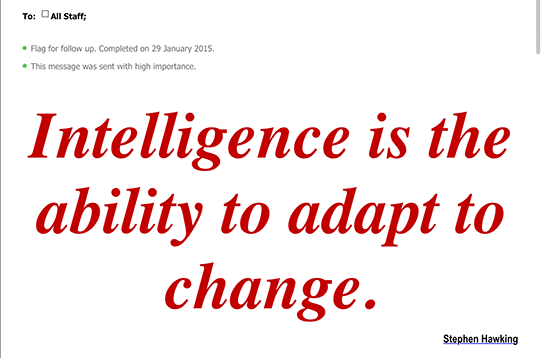I didn’t have a plan when I finished my Photography degree I took at Camberwell College of Art. And I suspect a lot of my classmates didn’t either.
I did know a few things though. I had to stay in London to continue creating my work. I needed a new space and facilities to do that work in, and I also needed an income.
I felt lucky and privileged then, that these things seemed to fall into place for me. My friend and flatmate found a new place for us to live on the day I graduated. My application to the LIFEBOAT residency programme was successful. I received the Camberwell technical achievement award, which gave me access to facilities at the college. We even got a cat to keep us company. The only thing missing was an income. A necessary yet detrimental, sharp edged and jagged piece to the puzzle.
I was finding it a challenge to find employment which gave enough income to live, whilst also requiring as little time as possible. (This is a common dream amongst humankind, and also an unrealistic goal).
After 6 weeks on Job Seekers Allowance, I got a job as an Art, Photography and Media technician at a Secondary and Sixth Form College. This was one of the better compromises I could find. The job had long holidays, whilst also being secure and reliable.
The job involved running workshops, teaching students and managing and maintaining a darkroom. I received an email every morning from our manager. It contained a motivational quote of the day. It was an essential and integral part of the office politics there.
I now sit on a bank of quotes and private jokes in a bewildering variety of terrible fonts, colours, and sizes. (it must be in her job description to do them like this, there is surely no other reasonable explanation). I wanted to use them for something, to give them a purpose other than falling onto tired eyes. They will act here as ill-fitting subtitles for my experience and tips for juggling work and studio time.

The first thing I tried to ensure is flexibility. The job was full time, so when I accepted, I asked to work compressed hours. This involved working longer hours for 4 days. It gave me 1 weekday which I could organise around. I could sort things that might be a challenge on weekends.

Studio wise, I arrive in Hoxton late, at around 8pm. This hasn’t been too much of a problem. I arrive tired and hungry, but the kettle and occasional indian takeaway sorts this out.t.
With less time during the week to be producing work, it seemed obvious that I have to manage my time. In my studio space at college I was more comfortable faffing andpottering around. In the LIFEBOAT studio, with the other demands on my time, it felt urgent to be more productive. Work limits the number of hours I can spend in the studio, so I needed to change how I work in a studio to make the most of it.
I use the studio as a space I can go to generate ideas, plan, prototype, discuss, critique and make. I wanted to keep any admin such as updating websites and applying for shows at home. It doesn’t always work out that way, but it feels good to be more organised with my time in the studio.

I’ve been surprising myself about how much it is possible to get done during commutes. It takes over an hour and a half to get to work from home, and 2 hours going to the studio. I created a whole new edition, Gulf, through using this journey time. I presetup manual tasks I could do on my laptop, and then mindlessly did them whilst sat on the train. I suppose it is all about using every free moment wisely. Even if its something as simple as updating my website, it feels great to be productive in these moments of down time.

Lastly, its all about making the most of it. It is a pain that I have to work, but necessary. But could it also be beneficial to my practice in some ways too? Whether it is using the school’s photocopiers to produce large scale test prints, or by borrowing equipment, every little helps..
